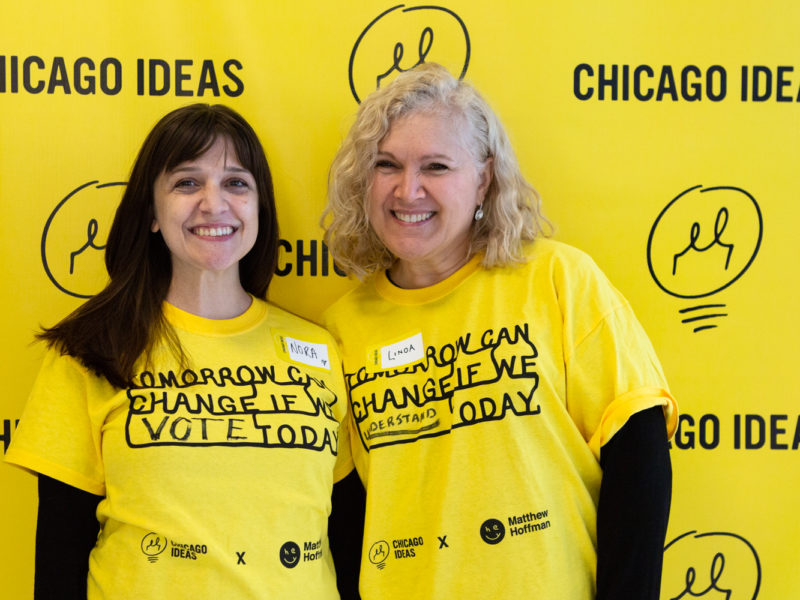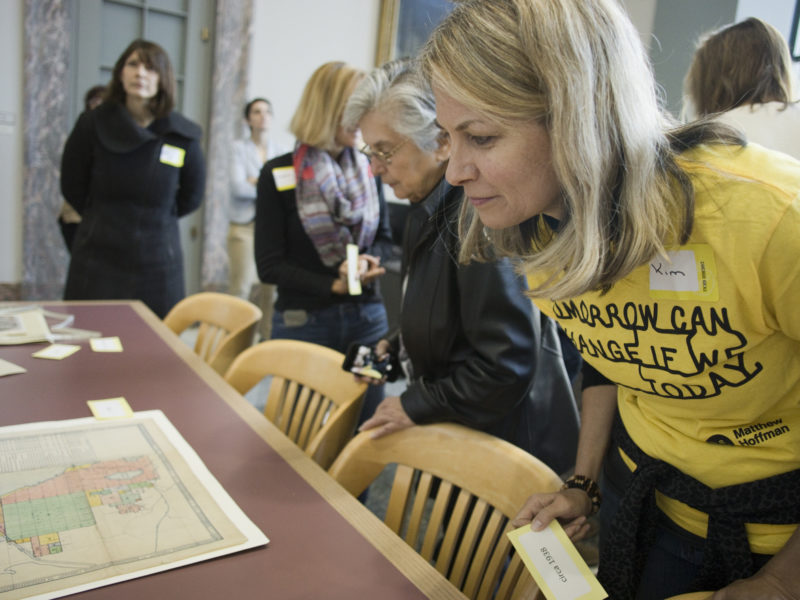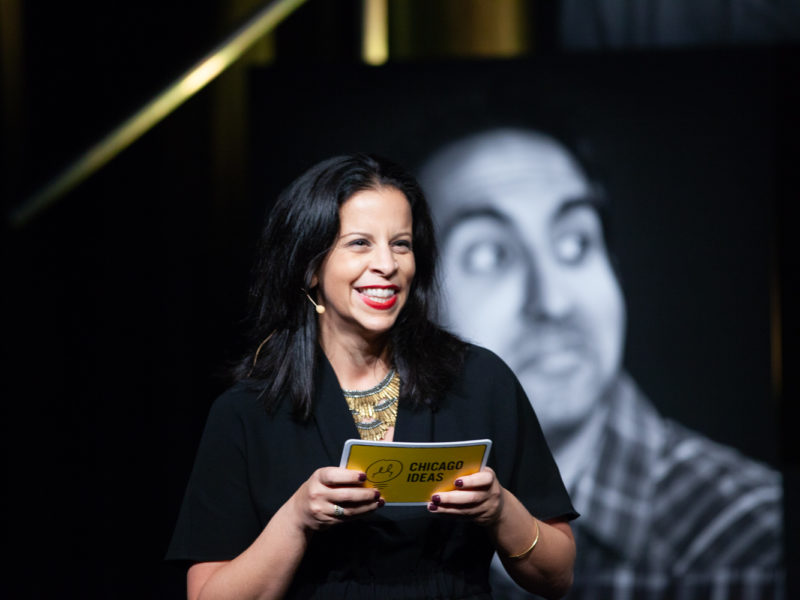
Backstage Pass: Lieutenant Commander Benjamin Kohlmann Brings the Silicon Valley to the Navy
CIW Military Talk speaker and Lieutenant Commander Benjamin Kohlmann believes in the power of disruptive thinking—even in an organization that most may not consider particularly entrepreneurial-minded: the Navy. And while it is true that many officers’ knee-jerk response to potential conflict is to “put lots of people out there in full battle gear,” Kohlmann is quick to point out that there are many officers who are leading by disruptive example, such as General James Mattis, the former Commander of Central Command who frequently found innovative ways to approach and defuse conflict.
As founder of the Defense Entrepreneurs Forum and a founding member of the Chief of Naval Operations Rapid Innovation Cell, Kohlmann has championed the use of these types of innovative ideas and technologies to improve the Navy’s response to an ever-changing sociopolitical landscape.

Lieutenant Commander Benjamin Kohlmann sees the potential for disruptive thinking to reshape the Navy of the 21st Century.
What do you think is the value of disruptive thinking and innovation to an organization like the Navy?
I think we have a lot of processes that were developed decades ago, and sometimes we have a hard time adapting what I call industrial age policy to information age reality. So I think cultivating a mindset where we can think about the future and think about ways to change the status quo is really important, especially in the security environment we face in the 21st century that’s very dynamic. We don’t have the nation state threats that we had previously. We need a very agile, adaptable officer and enlisted corps who can go into these areas of conflict and think about things that they’ve learned outside the military and apply those lessons learned to the environments [they work in].
You were a founding member of the Chief of Naval Operations Rapid Innovation Cell. What types of innovations came out of that accelerator?
The first [innovation] was with [CIW Military Speaker] Captain Grant putting a 3D printer on the USSEssex for the first time. From my perspective, while the widgets are cool, what I found was the value was giving sailors the mindset where they could do anything. Putting them in touch with technology opened their eyes to the possibilities and helped them think about the world in a different way, such that now when they approach a problem it’s not: Who do I have to get permission from to do it? It’s what kind of creative solution can I think of and what tools are at my disposal that I can utilize in my day-to-day job to make this happen quickly.
And were those individuals finding creative solutions from all ranks within the Navy?
Absolutely. And there’s this view of senior officers that junior people don’t know anything and have no value to bring to the table. And I think we’ve shown that, yes, there is an incredible amount of cognitive surplus at the lower ranks and if we can harness that, get them into positions where they can have influence and give them senior leaders to advocate for them, incredible things can happen.
So, what do you see as being next for disruptive innovation in the Navy and the military more generally?
For me personally, further educational opportunities for us to go out and visit innovative organizations. One of the things we did as a part of this Rapid Innovation Cell was to do innovation field trips. So for the first time, 15 naval officers were traveling to Silicon Valley, interacting with ideas, interacting with Tesla, going to Boston in the biotech corridor, going to Austin and interacting with entrepreneurs there. Just the mindset that developed and the realm of the possible that was out there got us thinking in new lateral ways that we hadn’t considered before.
Why is it important for you to take part in platforms like Chicago Ideas Week?
I think the best part of endeavors like CIW are just the relationships that can be established and furthered. I know in my own life the only things that have been collaborations and partnerships with people I met through serendipitous opportunities like this. So, just [having] a meeting place of the mind and building relationships is really valuable.
Q&As are edited for clarity and length.




